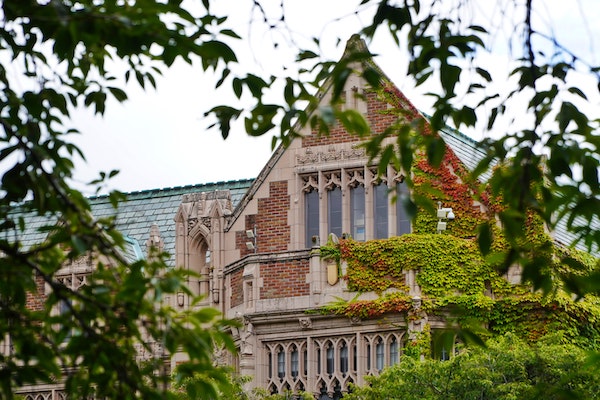Abstract: American immigration laws have been explicitly racial throughout most of the country’s history. For decades, only White foreign nationals could become naturalized citizens. All racial criteria have since vanished from the Immigration and Nationality Act (INA)—all but one. Section 289 of the INA allows “American Indians born in Canada” to freely cross into the United States if they possess at least 50% blood “of the American Indian race.” Such American Indians cannot be prohibited from entering the United States and can obtain lawful permanent residence status—if they meet the blood quantum requirement. Such racialized immigration controls arbitrarily restrict cross-border Indigenous communities and have since their inception in the mid-1800s.
Indigenous communities were never confined within national borders prior to colonization, and they continue to span both the U.S.-Canada and U.S.-Mexico borders. The free passage of these individuals is restricted by INA section 289. This Comment focuses on how the question of who is “Indian” should be defined not by the federal government based on blood quantum, but by Indigenous nations themselves. Ultimately, this Comment argues that Congress should remove the blood quantum requirement entirely and expand the free passage right to include American Indians born in Mexico.
Abstract: This Article examines the topics of all lead articles in Washington Law Review during its past ninety-eight years of publication. The analysis illustrates the changing interests of legal academics,…
Read More
Abstract: Tenancy is a precarious housing arrangement—tenants do not own their homes yet depend on housing stability as a foundation for engaging in almost all aspects of life. For more…
Read More
Abstract: This Article examines the process and outcomes of cannabis legalization in Washington State, offering insights for other states and potential federal legalization schemes. It begins with an overview of…
Read More



